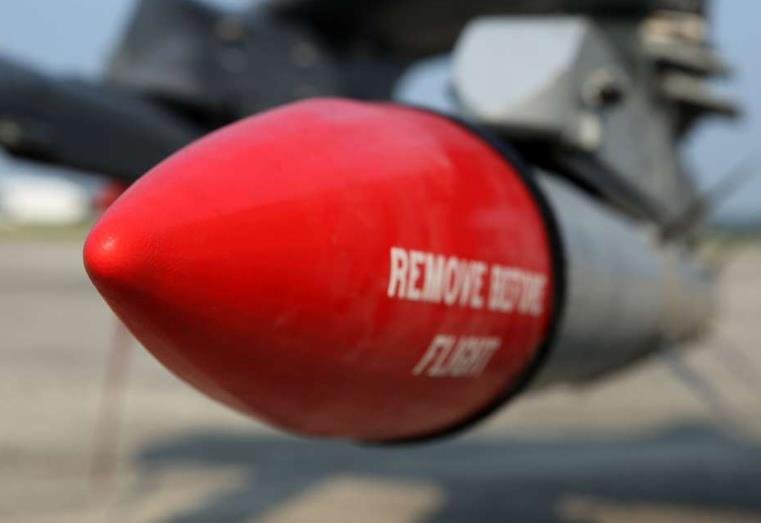In a significant move, the US State Department has given the green light for the sale of TOW missiles to Saudi Arabia, amounting to an estimated $440 million. The Pentagon announced the approval on Thursday, emphasizing the strategic partnership between the two nations. This deal underscores the ongoing military collaboration and the US’s commitment to supporting Saudi Arabia’s defense capabilities.
Breakdown of the Missile Deal
The approved sale includes the sophisticated “TOW 2A” and “TOW 2B” missile systems. These missiles are renowned for their optical guidance features and the ability to be controlled remotely via radio frequencies, enhancing their precision and reliability in combat scenarios.
RTX Corporation, based in Tucson, Arizona, has been designated as the principal contractor for this transaction. The company will oversee the production and delivery of these high-tech missiles, ensuring they meet the stringent requirements set by the Saudi Arabian military.
- Key Components of the Deal:
- Missile Types: TOW 2A and TOW 2B
- Total Cost: $440 million
- Principal Contractor: RTX Corporation, Tucson, Arizona
- Features: Optical guidance, remote radio frequency control
This investment is poised to significantly bolster Saudi Arabia’s defensive arsenal, providing them with state-of-the-art technology to address regional security challenges.

Strategic Impact on Middle Eastern Dynamics
The approval of this missile sale comes at a time of heightened tensions in the Middle East. By equipping Saudi Arabia with advanced missile systems, the US is reinforcing its strategic foothold in the region. This move is likely to influence the balance of power, potentially affecting relationships with neighboring countries.
| Aspect | Impact |
|---|---|
| Regional Power | Strengthens Saudi Arabia’s military capabilities |
| US Influence | Enhances US strategic presence in the Middle East |
| Neighboring Threats | May alter defense strategies of nearby nations |
| Security Alliances | Potential for new or reinforced alliances and partnerships |
Such developments could lead to a recalibration of alliances and rivalries, as countries respond to the shifting dynamics of military strength and strategic interests in the region.
Global Reactions and Concerns
The international community has responded with a mix of approval and apprehension regarding the missile sale. While Saudi Arabia and its allies welcome the enhanced defense capabilities, critics express concerns over the potential for increased militarization in an already volatile region.
Human rights organizations have voiced apprehensions about the use of these missiles in ongoing conflicts, urging the US to ensure that the arms are utilized strictly for defensive purposes. Meanwhile, allies of Saudi Arabia see this deal as a necessary step to counterbalance regional threats and maintain stability.
- Positive Reactions:
- Strengthens defense against regional adversaries
- Reinforces US-Saudi military partnership
- Concerns Raised:
- Risk of escalating regional arms race
- Potential misuse in conflict zones
Balancing these perspectives will be crucial as the US navigates its role in fostering both security and stability in the Middle East.
Future of US-Saudi Military Collaboration
This missile sale is part of a broader pattern of military cooperation between the US and Saudi Arabia. Looking ahead, both nations are likely to continue their collaboration, focusing on enhancing defense technologies and strategic initiatives.
Potential areas of future cooperation include joint military exercises, intelligence sharing, and the development of advanced defense systems. This ongoing partnership aims to address emerging threats and ensure that both countries remain at the forefront of military innovation.
